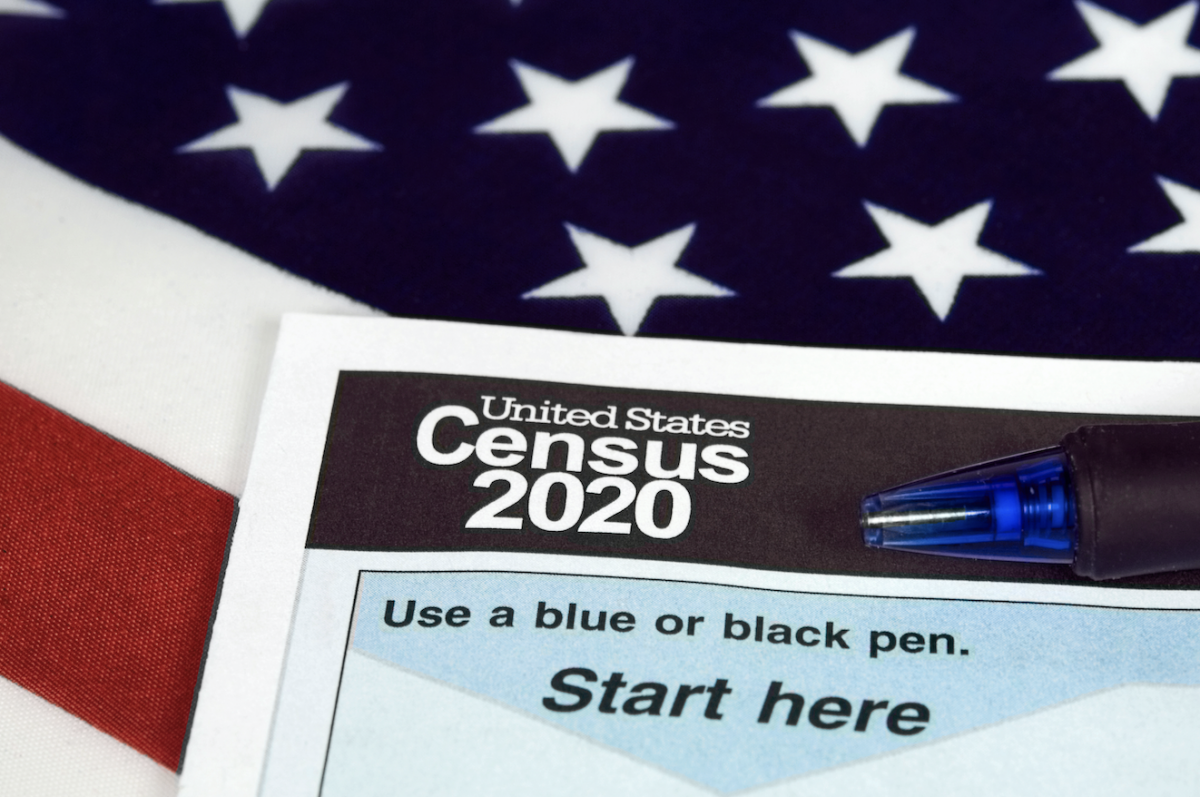
The Board’s (Almost Mandatory) Role in Form 990 Preparation
07.24.2024 | Linda J. Rosenthal, JD

Article I, Section 2 mandates that there be a census taken every ten years to count everyone in each state. This is generally a low-drama process, but it’s important because this count determines how the 435 districts of the House of Representatives are proportioned and how hundreds of billions of dollars of federal funds are allocated.
The 2020 Census, though, is taking a high-drama turn and “shaping up to be a mess of historic proportions.”
There are two reasons. First, it will be the initial “digital” census despite evidence that access to the internet is sparse in some geographic locations and among lower-income groups. Second, the substance of the census has been “weaponized” with an unprecedented demand by the Trump Administration that it include a mandatory question about citizenship status. Uncontroverted data establishes that asking about citizenship will materially depress the final count, resulting in fewer Congressional seats (in states with high immigrant populations) and a lesser share of billions of dollars. That issue is currently awaiting decision in the United States Supreme Court, and most tea-leaf readers who listened to the oral argument on April 23, 2019, believe a 5-4 conservative majority will permit the mandatory citizenship question to remain on the 2020 census form.
The Census Drama in the Courts
Historically, the census has not included a citizenship question. The Administration decided, well after the usual deadline for creation of the official census form, that it wanted this item included. Census Bureau professionals objected “because the information could be obtained other ways and adding the unnecessary question would decrease the census count, cost taxpayers more, and corrupt the data.”
When Commerce Secretary Wilbur Ross went ahead and belatedly added the citizenship matter to the form, legal challenges were filed. “Following trials in three separate courts, federal judges in all the cases, most recently in Maryland [on April 5th], blocked the question, holding that Secretary Ross violated administrative and/or constitutional law.” The Administration asked that the U.S. Supreme Court take up the dispute on an expedited basis. The decision is expected by or before June.
Among the many amicus briefs filed in this case opposing a mandatory citizenship inquiry was one by the National Council of Nonprofits, joined by the National Human Services Assembly and YWCA USA, explaining “how the ‘undercount resulting from the citizenship question will hurt … charitable nonprofits throughout the country in significant ways. Chief among those are a loss of funding for their work, a loss of data and effectiveness, and a loss of faith in democracy and government’.”
Legislative Action on the Census
There is activity as well in the legislative branch in response to the Administration’s insistence on inclusion of the citizenship question in the 2020 Census. The House Committee on Oversight and Reform held a hearing in March 2019 “to learn from the Commerce Secretary why he added the citizenship question, partly because evidence uncovered during the trials contradicted what Secretary Ross had testified to Congress in 2018.” On April 2, 2019, the Oversight Committee issued a subpoena to Secretary Ross to gain “more fulsome answers and documents.”
States, Cities Gear Up to Help
States around the nation have been so concerned about problems in the 2020 Census that many have taken action including increasing budget appropriations to promote a full and complete count within their jurisdictions. Cities, also, “are stepping into the breach to explain the importance of the census to their communities and to provide secure sites for filling it out.” They are working through mostly voluntary Complete Count Committees and teaming up with libraries, local nonprofits, and county governments.
Conclusion
“The stakes are high in communities across the country: for every person who is not counted, states stand to lose between $533 to $2,309 annually in federal funds.” And “…the Court’s decision could have a profound impact on nonprofits for the next decade.”
The time to mobilize – whether or not the citizenship question remains on the census form – is now.
